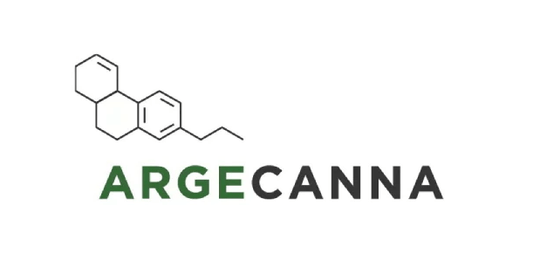Unveiling the truth behind drug-sniffing dogs in law enforcement
Drug-sniffing dogs have long been heralded as reliable assistants in the global war against drugs, aiding law enforcement agencies in detecting illicit substances with their keen sense of smell. However, a recent Australian study has cast a shadow of doubt over the efficacy of these canine units, revealing a startling 75% rate of false alerts.
This revelation not only raises questions about the reliability of using dogs in drug detection but also prompts a deeper exploration into the ethical and legal implications that arise from such practices.
The Australian study: A deep dive into a decade of data
The study, which meticulously analysed over 94,000 search cases spanning a decade, unveiled a disconcerting inconsistency in the accuracy of drug-sniffing dogs. With a false alert rate of approximately 75%, the findings have sparked a fervent debate among lawmakers, law enforcement agencies, and civil rights advocates in Australia and beyond.
The data indicates that in the vast majority of searches, the dogs failed to accurately identify the presence of illegal substances, thereby subjecting individuals to unwarranted searches and potential legal consequences.
Yearly fluctuations in accuracy
Interestingly, the study also highlighted fluctuations in the accuracy of drug-detection dogs on a yearly basis. For instance, 2014 was pinpointed as the least accurate year, with only 21% of the 14,213 searches resulting in the discovery of illicit drugs.
Contrastingly, 2016 saw a slight uptick in accuracy, with 32.5% of the 8,746 searches proving to be accurate. These variations further complicate the narrative surrounding the reliability of drug-sniffing dogs and underscore the need for a more robust and consistent approach to drug detection within law enforcement.
Global implications and previous findings
The findings of the Australian study are not isolated. Previous research and analyses, even in the United States, have echoed similar concerns regarding the reliability of drug-sniffing dogs. A notable analysis conducted by The Chicago Tribune reported that drug-sniffing dogs provided false alerts over half of the time, with a pronounced likelihood of false alerts when the suspect was of Latino descent.
Another study, published in the journal Animal Cognition, highlighted that dogs frequently provide false alerts, particularly when their handlers believe that illicit substances are present. This phenomenon, known as the "Clever Hans" effect, suggests that the dogs may be influenced more by the subtle cues and expectations of their handlers than by the actual presence of illicit substances.
Legal ramifications and ethical dilemmas
Despite the mounting evidence highlighting the inaccuracy of drug-sniffing dogs, the United States Supreme Court has ruled that an alert from a police dog during a traffic stop provides a constitutional basis for law enforcement to search the vehicle.
This ruling, juxtaposed with the findings of the Australian study and other similar research, presents a complex ethical dilemma. It brings to the forefront questions regarding individual rights, the potential for racial and ethnic profiling, and the ethicality of subjecting individuals to searches based on unreliable alerts.
Reevaluating the role of canine units in drug detection
The revelations from the Australian study and similar research globally necessitate a thorough reevaluation of the role of canine units in drug detection within law enforcement. The high rate of false alerts, coupled with the potential for racial and ethnic profiling, underscores the imperative for developing more accurate, unbiased, and ethical approaches to drug detection.
As the global conversation continues to evolve, with increasing calls for the decriminalization and legalization of certain drugs, the findings from these studies provide a crucial perspective. They invite policymakers, law enforcement agencies, and civil rights advocates to engage in a constructive dialogue, rethinking and reshaping the strategies employed in the ongoing battle against illicit drug use and trafficking.
Looking towards a future of ethical and accurate drug detection
As we navigate through the complexities of drug enforcement and individual rights, the findings from the Australian study serve as a pivotal point of reflection. They challenge us to envision a future where drug detection methods are not only accurate and reliable but also uphold the highest standards of ethicality and fairness.
In a world where the war on drugs continues to intersect with issues of social justice, racial equality, and individual rights, the pursuit of such a future becomes not only desirable but unequivocally necessary.












